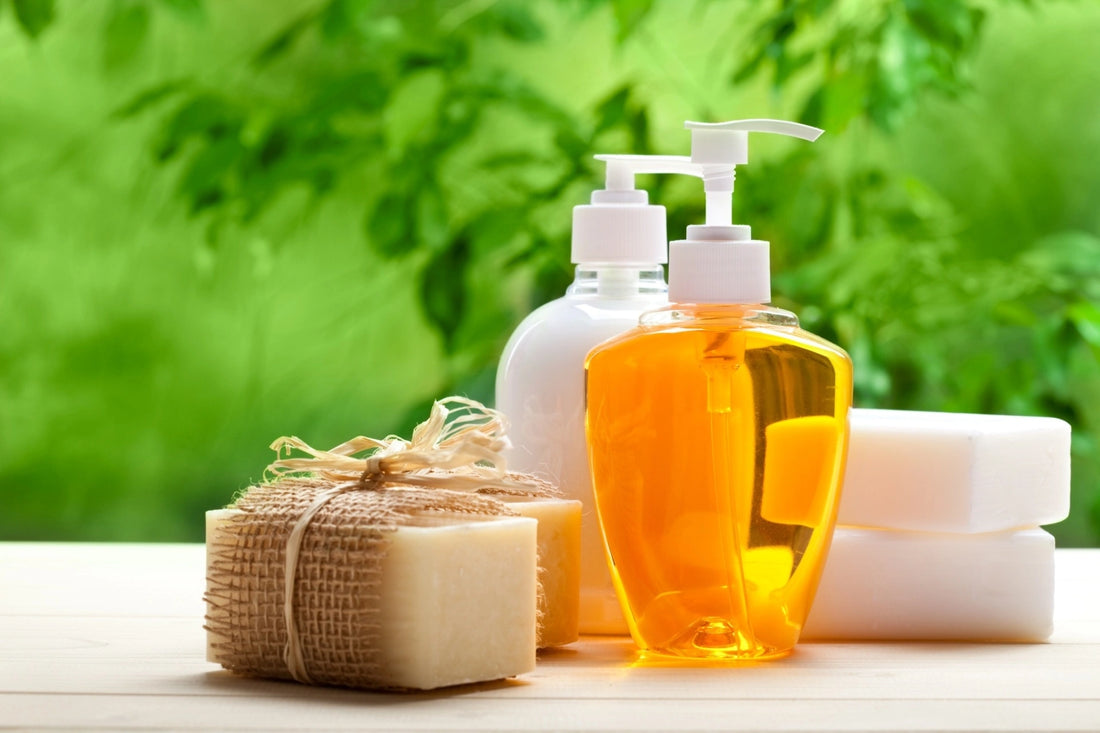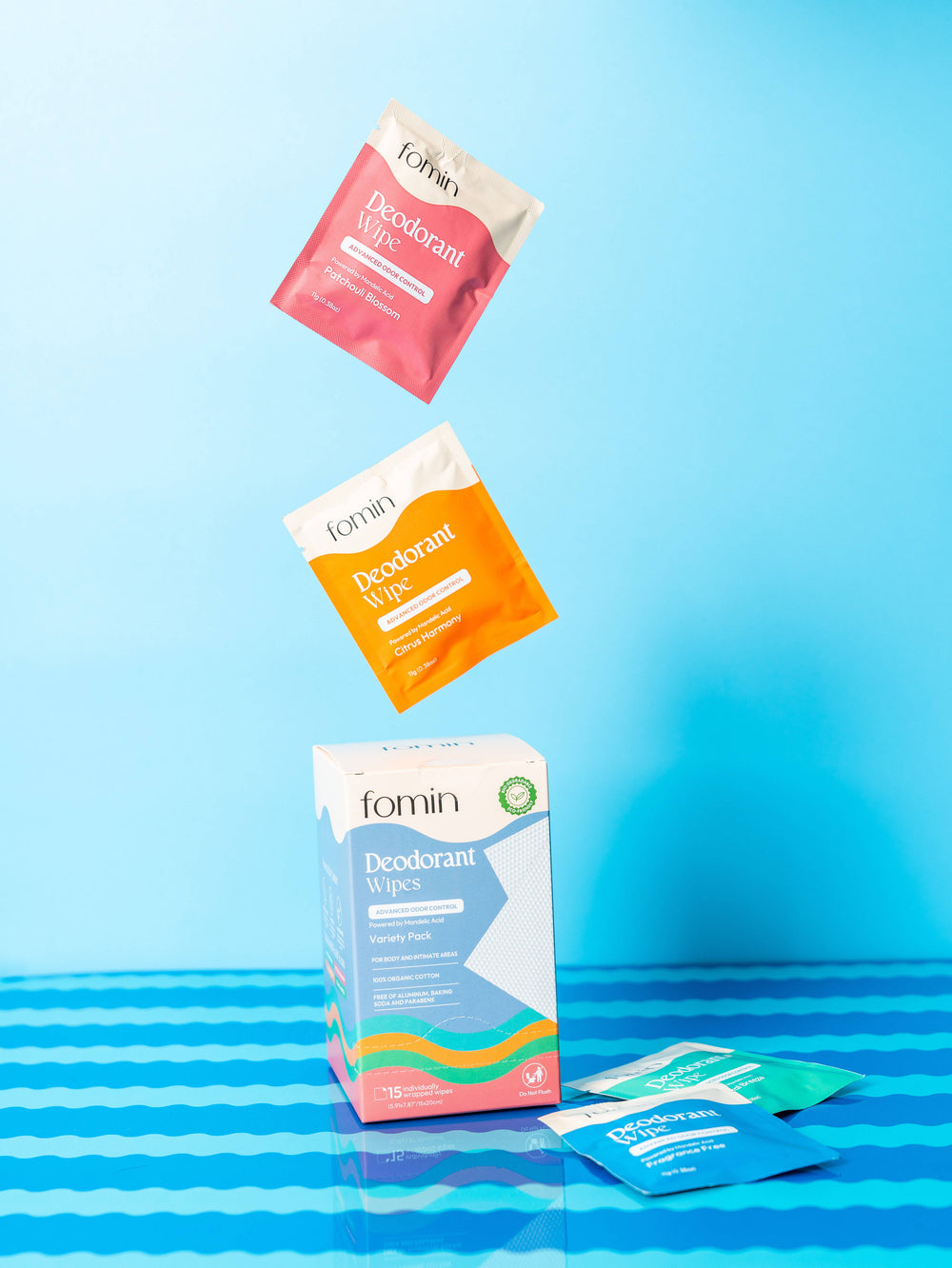
The Environmental Impact of Liquid Soap vs Soap Sheets
Share
With the increase in demand for sustainable options for almost everything, finding sustainable soap options is a hot topic. Among these, liquid soap and soap sheets are two popular options that differ significantly in their environmental impact.
Understanding how both soap types affect the environment will help consumers make the right decision. They can reduce their ecological footprint by choosing the right option. So, let’s see how liquid soap affects our environment and how soap sheets are a sustainable choice.
Production Process: A Key Differentiator
The production of liquid soap generally requires more resources and energy compared to traditional bar soap or soap sheets. Liquid soaps contain approximately 80% water, along with surfactants, preservatives, and emulsifiers to maintain their consistency and shelf life.
Soap sheets, on the other hand, are ultra-thin and water-free. Made by dehydrating soap into paper-like sheets, their production is more resource-efficient. This eliminates the need for preservatives and minimizes energy usage during manufacturing.
Packaging and Waste: Liquid Soap’s Plastics Problem
One of the most significant environmental drawbacks of liquid soap is its packaging. Liquid soap is typically sold in plastic bottles, which are not always recyclable and often end up in landfills or the ocean. Even with recycling efforts, only a fraction of plastic waste is effectively recycled, making liquid soap packaging a significant concern.
Soap sheets, by contrast, are usually packaged in compact, biodegradable, or recyclable materials such as paper or cardboard. Thus, this lack of plastic for packaging reduces the environmental impact. For consumers seeking eco-friendly soap options, the minimal and sustainable packaging of soap sheets is a clear advantage.
Transportation and Carbon Emissions
While determining the environmental impact of liquid soap vs soap sheets, transportation is another key factor that plays a major role. The high water content and bulkier packaging of liquid soap increase its weight and volume, requiring more fuel and resources to transport. This leads to higher carbon emissions during distribution.
Soap sheets are lightweight and compact, making them far more efficient to transport. A single box of soap sheets can hold the equivalent of multiple liquid soap bottles in terms of usage, significantly reducing transportation emissions. For consumers aiming to support sustainable soap alternatives, this logistical efficiency gives soap sheets an edge over liquid soap.
Water Usage and Disposal

Liquid soap not only contains a high percentage of water but also requires more water for rinsing. Studies have shown that using liquid soap can result in up to 30% more water consumption compared to bar soap or soap sheets. This increased water adds to the overall environmental impact of the liquid soap.
Soap sheets, being waterless, contribute to conservation efforts by reducing the amount of water needed for production and use. They dissolve quickly and completely during use, leaving little to no residue. Thus, they are a practical and eco-friendly choice for daily use without compromising the natural resources.
Consumer Preferences and Sustainability
Despite its environmental drawbacks, liquid soap remains popular due to its convenience, ease of use, and perceived hygiene benefits. Pump bottles and touchless dispensers are especially favored in public spaces to minimize cross-contamination.
On the other hand, soap sheets are a great choice for eco-conscious people. Compact, travel-friendly, and biodegradable, soap sheets align with the principles of sustainability.
The Future of Sustainable Soap Alternatives
Innovations in refillable liquid soap systems and biodegradable packaging are steps in the right direction for liquid soap. However, for those looking to make an immediate difference, switching to soap sheets can be a simple yet effective choice.
Soap sheets are more than just an eco-friendly alternative. They perfectly cater to the minimalist lifestyle in terms of resource efficiency. As the trend is moving towards sustainability, people prioritize it while making their purchasing decisions. So, in essence, soap sheets are a more sustainable choice compared to other options.
Final Say
While discussing liquid soap vs soap sheets, it is evident that soap sheets are far better in comparison to liquid soap, especially in terms of sustainability. Though liquid soap is a convenient option for many, in terms of sustainability it can’t beat the soap sheets.
So, if you are someone who prioritizes the environment over convenience then Fomin soap sheets are your perfect choice. Without compromising on quality and sustainability principles, you can have on-the-go hygiene. So, choose wisely and play your part in making a healthier, greener future.
Building a Plastic-Free Future: Fomin's Commitment to Driving Sustainability
In an era where plastic pollution has become an alarming global issue, it is crucial to seek innovative solutions to reduce its devastating impact on our oceans and ecosystems.
Annually, an astounding 8 million metric tons of plastic waste goes into our oceans, endangering marine life and the sensitive equilibrium of biodiversity on Earth. Fomin, a pioneer in sustainable initiatives, has driven the movement toward a plastic-free planet.

By purchasing Fomin's eco-friendly cleaning products like dishwasher detergent tablet etc., you actively participate in the battle against plastic pollution. Join our loyalty program to participate in building a sustainable future - one where plastic is not a threat but a relic of the past.



